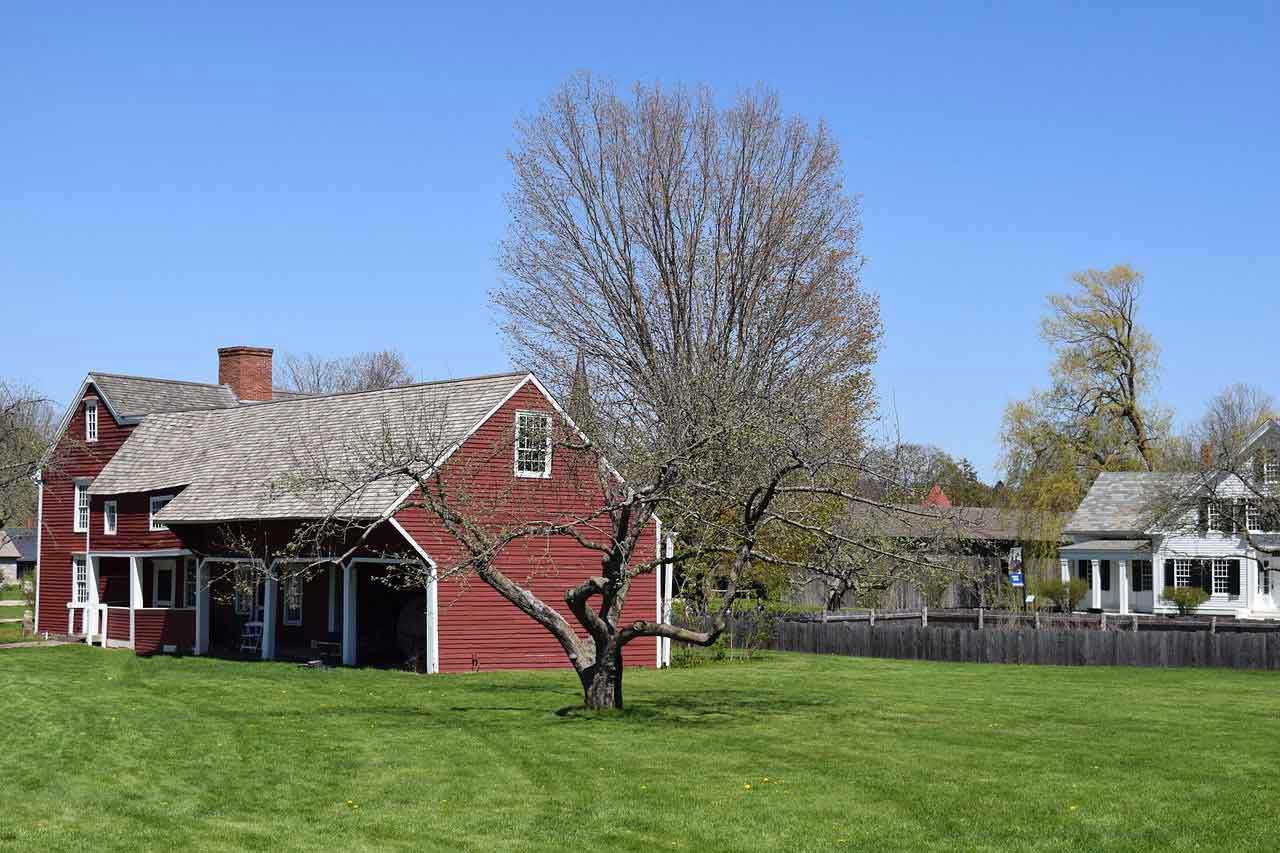 Is it better to buy or rent your home?
Is it better to buy or rent your home?
The answer really depends on your personal goals, lifestyle, and financial situation. There are pros and cons on both sides that you should consider before you make a move.
Home Ownership: The “Pros”
Owning your own home is a big part of the American Dream, and there are a lot of benefits. Home ownership provides a sense of stability: the choice to keep a home long term or sell and go somewhere else is entirely your choice. As a homeowner, you can make changes and renovate your property to your heart’s content, without consulting a landlord or conforming to someone else’s rule (except, perhaps, an HOA’s rules). You’re building equity with each mortgage payment, so home ownership is a good long-term investment (homes almost always increase in value over time). A fixed-rate mortgage payment is a stable monthly expenditure that won’t increase over time, and mortgage interest is tax deductible. Your home is your own, and you can take pride in it and feel the satisfaction that comes with control over your environment.
Home Ownership: The “Cons”
Buying a home is a big commitment that requires significant up-front (and ongoing) investment. In addition to your mortgage payment, you need to budget for insurance, property taxes, HOA fees, utilities, maintenance, and repairs. If your roof starts to leak, for example, you’re looking at a major repair bill to replace it. A good rule of thumb is to budget 1-4% of your home’s value for annual maintenance – make sure you can afford these ongoing expenses before you make the decision to buy. You’re also responsible for potentially time-consuming tasks like landscaping and lawn maintenance. Should you decide to move, the process is generally more complex and difficult than it would be if you were renting.
Renting: The “Pros”
When you rent a home, you have more predictable monthly expenses: your rent payment is established in your lease, so you can plan accordingly. Your upfront costs are less than if you were to buy: a security deposit is going to cost significantly less than a down payment. Your landlord may include certain services with your rent, such as utilities or trash removal. If the property requires repairs, you are (generally) not responsible for the cost. If your refrigerator dies, for example, your landlord is the one who will need to replace it. As a tenant, you don’t have a long-term obligation beyond the length of your lease, which makes moving easier, providing you with more flexibility.
Renting: The “Cons”
Your rent payment each month goes toward building equity for your landlord, and doesn’t help you build your own wealth. Paying your rent on time, unlike making timely mortgage payments, generally does not help to improve your credit score, and your rent payments don’t qualify for tax incentives the way mortgage payments do. You also have far less control over your environment: most of the time, you’ll need to seek the landlord’s permission to make even minor changes like painting the walls, and larger changes, such as adding space or renovating are completely out of your control. Your rent will probably increase over time, and there’s no guarantee you’ll be able to stay in your home beyond the term of your lease.
So, should you buy or rent your home? The answer really depends on your personal situation, preferences, and goals. Each has its advantages and disadvantages. Home ownership isn’t for everyone, but often offers rewards and benefits that make it a worthwhile investment. Only you can decide what is the best choice for you.
As always, if you have any questions, would like some expert advice, or just want to talk about your options, give me a call. I’d love to help you make your next move.


 Facebook
Facebook
 Twitter
Twitter
 Pinterest
Pinterest
 Copy Link
Copy Link


